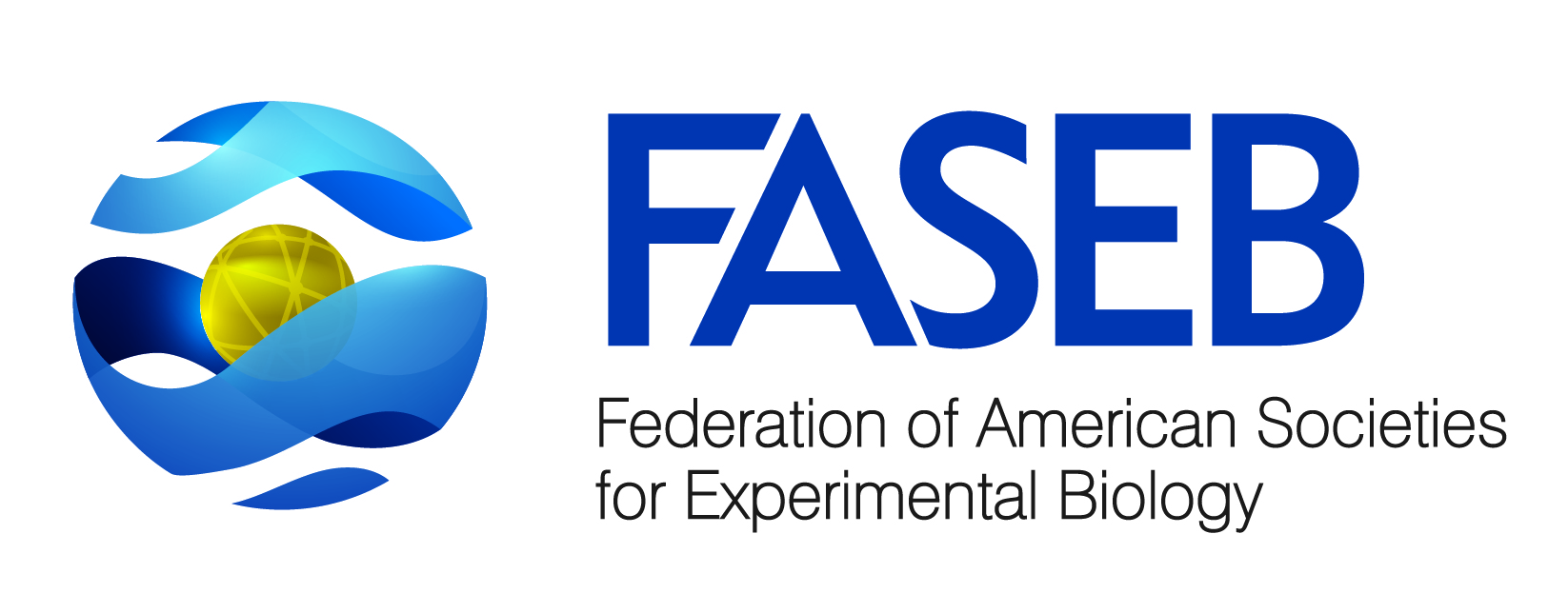Robert D. Wells, PhD, will become the 88th President of the Federation of American Societies for Experimental Biology on July 1st. Dr. Wells is the Director of the Center for Genome Research at the Institute of Biosciences and Technology, Texas A&M University, Texas Medical Center in Houston. In addition, he is the Robert A. Welch Endowed Professor of Chemistry for that institution and holds an Adjunct Professorship in the Department of Biochemistry at the University of Texas M.D. Anderson Cancer Center. Most recently, Wells was the President of the American Society for Biochemistry and Molecular Biology -- a FASEB Member Society. He is also a member of another FASEB Member Society, The American Society of Human Genetics.
Wells' experience as a society president, along with his connection to the physical sciences, gives him a unique perspective on the Federation and its relations with the broader research community. "In my role as President, I would like to work closely with the member societies to increase the solidarity within the FASEB community, as well as work closely with organizations within the greater scientific enterprise to help further our common goals of discovery." Wells believes that these partnerships are critical to the Federation's efforts to increase NIH and NSF funding. "Funding for these two agencies must be our top priority. If we are not successful in the appropriations arena, the rest of our advocacy agenda will be compromised," he stated.
Wells intends to bring a special focus to the activities of the National Science Foundation. Having been a continuous recipient of NSF grants for over 25 years, Dr. Wells notes that; "NSF is the underpinning science for everything, including health research. Funds for the NSF are very broad range, hitting engineering, chemistry, and mathematics. The research that is performed by NSF-funded scientists is key for the economic health of the country and for the future of the scientific enterprise. We need to fund this agency to its fullest extent to reach these goals." Again, Wells believes that a joint, cohesive advocacy of the entire NSF community will be crucial and he would like to take a lead role in the effort of bringing the organizations together. To illustrate his commitment, one of his first acts as President is to meet with NSF Director Rita Colwell.
Dr. Wells served as chair of the Search Committee that resulted in hiring a new Executive Director for the Federation -- Dr. Frederick Rickles, who also begins his duties on July 1st. While heading the search, Wells looked extensively at FASEB governance and operations. This experience, as well as his experiences a Member Society President, has given him deep insights into the workings of the Federation and its role in science policy.
Wells was the Founding Director of the Albert B. Alkek Institute of Biosciences and Technology in Houston (1990-1994). Concurrently, he served as Head of the Department of Biochemistry and Biophysics, Texas A&M University in College Station, Texas. Previously, he was Chairman and Professor of the Department of Biochemistry in the Schools of Medicine and Dentistry at the University of Alabama at Birmingham for a ten-year period. From 1966-1981, Dr. Wells was Professor at the University of Wisconsin-Madison in the Department of Biochemistry. Wells participated in solving the genetic code (1964-66); his postdoctoral mentor, Dr. H. Gobind Khorana, received the Nobel Prize in 1968 for these discoveries. He served a one-year sabbatical leave of absence on a Guggenheim fellowship at the Salk Institute for Biological Studies and the University of California-San Diego in the mid 1970's, where he studied cancer viruses (polyoma).
In related news, Paul W. Kincade, PhD, begins his term as President-Elect of FASEB. Kincade, Head of the Immunobiology and Cancer Program, William H. and Rita Bell Chair of Biomedical Research, and Adjunct Professor of Microbiology and Immunology at the Oklahoma Medical Research Foundation and the University of Oklahoma, was chosen by FASEB's Board of Directors at its May meeting. He will assume the position as FASEB's President in July of 2004. Kincade is a member of FASEB's Board, representing the American Association of Immunologists -- an organization that he served as President in 2002-2003. In addition to his work on the FASEB's Board, Kincade has been chairing FASEB's Science Policy Subcommittee on Training and Careers since 2000.
FASEB is comprised of 21 societies with more than 60,000 members, making it the largest coalition of biomedical research associations in the United States. FASEB's mission is to enhance the ability of biomedical and life scientists to improve--through their research--the health, well-being and productivity of all people. FASEB serves the interests of these scientists in those areas related to public policy, facilitates coalition activities among Member Societies and disseminates information on biological research through scientific conferences and publications.
